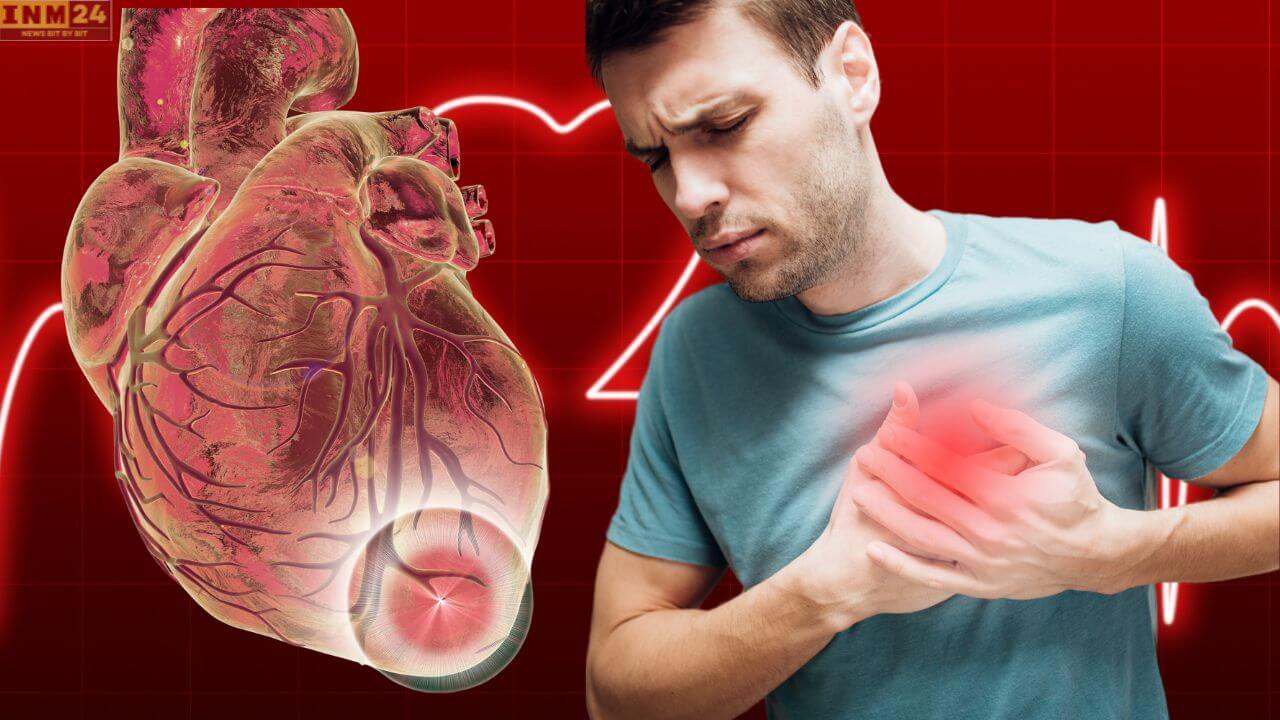Heart Failure Prevention: Nowadays, heart failure or a heart attack can occur at any age. Over the past few years, cases of such incidents in people in their 30s have risen rapidly. It is essential to pay close attention to specific symptoms. Here are 12 early signs and symptoms of heart failure and heart attack that individuals in their 30s should be vigilant about.
Heart Failure: A Silent Threat
Heart failure doesn’t discriminate based on age. Recently, there has been a significant increase in cases of heart failure or heart attacks in individuals above the age of 30. Even those who appear outwardly healthy have experienced life-altering consequences due to heart failure or heart attacks.
Understanding Heart Failure
Heart failure occurs when the heart’s muscular walls fail to pump blood as efficiently as they should to meet the body’s demands. This can lead to the accumulation of fluid in the lungs, causing difficulty in breathing. Some problems related to the heart, such as narrowed arteries or high blood pressure, contribute to making the heart weaker or stiffer over time.
Recognizing the Signs
Identifying the symptoms of heart failure is crucial, as it is a life-threatening condition that is becoming increasingly prevalent in individuals in their 30s. According to the Mayo Clinic, recognizing certain signs can help you understand the state of your heart and seek medical attention promptly.
Common Symptoms of Heart Failure
- Shortness of breath during activities or while lying down
- Fatigue and weakness
- Swelling in the legs, ankles, and feet
- Rapid or irregular heartbeat
- Reduced ability to exercise
- Persistent coughing
- Unexplained wheezing
- Abdominal swelling
- Rapid weight gain due to fluid retention
- Nausea and loss of appetite
- Difficulty concentrating or decreased alertness
- Chest pain, especially if it’s accompanied by fainting or severe weakness
When to Consult a Doctor
If you experience chest pain, fainting, or severe weakness, it is crucial to seek immediate medical attention. Other signs, such as sudden difficulty breathing, persistent coughing with pink or bloody phlegm, also warrant a visit to the doctor.
Preventive Measures
- Quit smoking – a major contributor to arterial damage.
- Maintain a healthy diet – avoid saturated fats, trans fats, excessive sugar, or sodium.
- Include fruits, vegetables, lean proteins, and heart-healthy fats in your diet.
- Manage weight – staying physically active can contribute to overall heart health.
- If you have any other heart conditions, ensure you take prescribed medications regularly and undergo regular check-ups.
- Adhere to prescribed medications for high cholesterol, such as statins, as directed.
This article provides general information and is not a substitute for professional medical advice. Always consult your doctor for personalized guidance and recommendations.
By staying informed about these symptoms and adopting a heart-healthy lifestyle, individuals can take proactive steps to safeguard their heart health and reduce the risk of heart failure.
